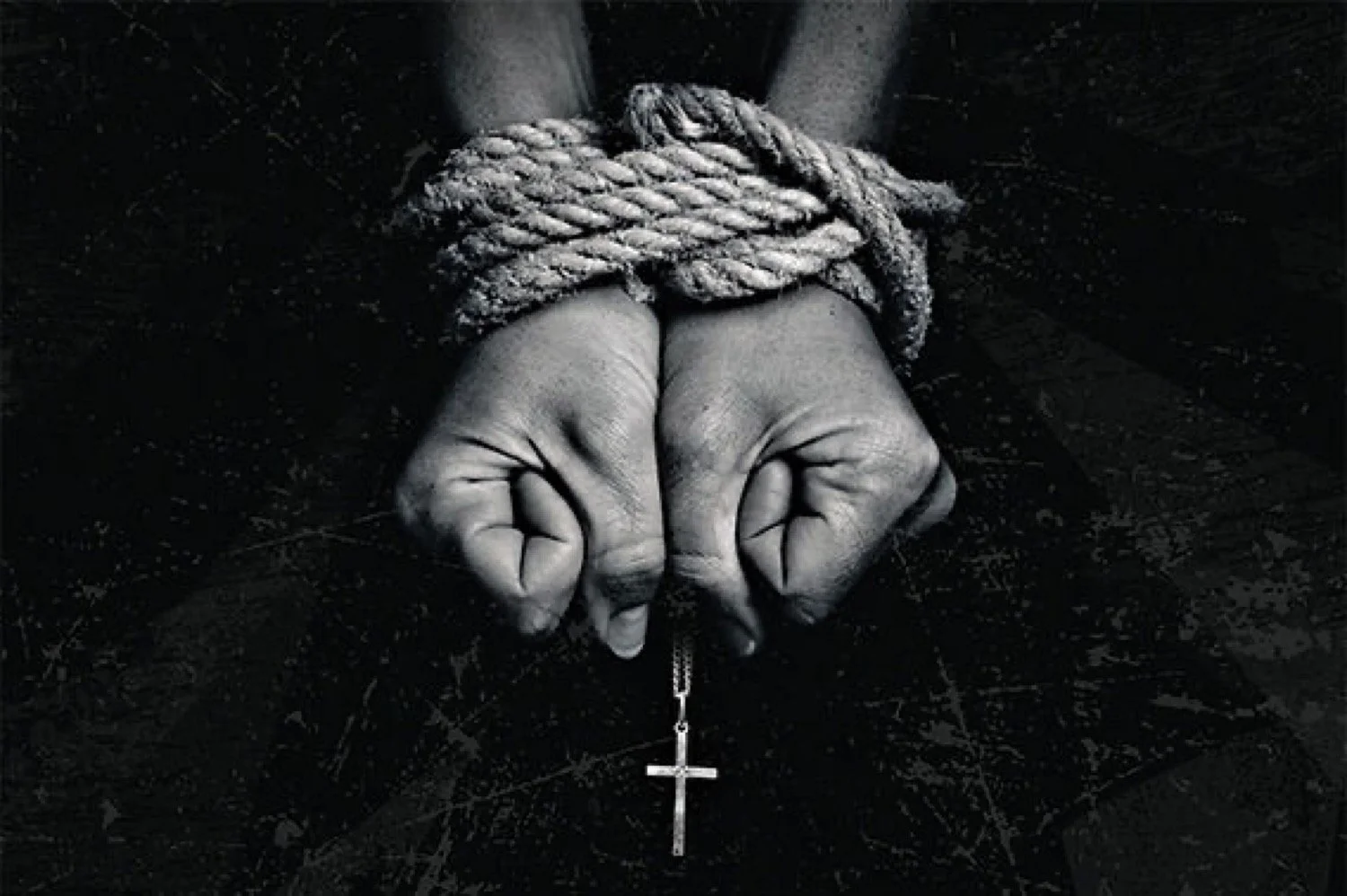Readings for today: 1 Kings 22, 2 Chronicles 18-20
Jehoshaphat is one of my favorite kings. He’s not perfect. He makes mistakes along the way. He makes alliances with the wrong kind of people. And yet, his heart is for the Lord. “Jehoshaphat kept his residence in Jerusalem but made a regular round of visits among the people, from Beersheba in the south to Mount Ephraim in the north, urging them to return to God, the God of their ancestors.” (2 Chronicles 19:4 MSG) I cannot imagine the daily pressures a king faces. Pressures to make decisions. Pressures to provide for his people. Pressures to defend against his enemies. Pressures all around and yet Jehoshaphat made it a priority to go out among his people and bring them back to the Lord. He obeyed the Great Commission long before Jesus spoke those words. He taught his people to obey all the Lord had commanded. He believed one of the defining priorities of his kingship was the ability to make disciples. To foster an environment in his nation where his people would grow spiritually. It’s truly stunning when you take a step back to think about it.
Now some might ask what purpose did it serve? Some might question if this is really the king’s job? Shouldn’t he be attending to affairs of state? But then we run across a story in our reading today where God’s people had to put their faith into action and all the hard work Jehoshaphat had put in bore fruit. Once again, God’s people had come under threat. Another enemy rose up and came against them. They were outnumbered. They were outmatched. They were outgunned. But rather than despair, Jehoshaphat turned his heart to the Lord. He called on the Lord to be faithful to His promises. He walked by faith, trusting God to deliver him. And his people - having been taught the faith by Jehoshaphat himself and seen his example firsthand - followed him. Listen to what Jehoshaphat says and does, “They were up early in the morning, ready to march into the wilderness of Tekoa. As they were leaving, Jehoshaphat stood up and said, “Listen Judah and Jerusalem! Listen to what I have to say! Believe firmly in God, your God, and your lives will be firm! Believe in your prophets and you’ll come out on top!” After talking it over with the people, Jehoshaphat appointed a choir for God; dressed in holy robes, they were to march ahead of the troops, singing, Give thanks to God, His love never quits. As soon as they started shouting and praising, God set ambushes against the men of Ammon, Moab, and Mount Seir as they were attacking Judah, and they all ended up dead.” (2 Chronicles 20:20-22 MSG)
Imagine trusting God so much that you can literally face death with a tune on your lips! Imagine believing in God so much that you can walk into battle with a song in your heart! Imagine facing whatever overwhelming odds you may face in your life today with joy because you know…YOU KNOW…the Lord is good and His steadfast love endures forever! It can happen, friends! I’ve seen it and experienced it myself! Last fall, I was in northern Ethiopia training church planters. Over 100 of them were being sent north into a region where a civil war had been raging. Everything had been burned to the ground. There was famine and hardship and incredible suffering. There had been violence and war crimes and the ceasefire was fragile at best. The challenges these men and women faced were overwhelming. All of them will be persecuted. Some of them will lose their lives. But as we finished commissioning them, they left the platform singing! Singing! They believe God has gone before them. They believe God will be with them. They believe He will have the victory no matter what happens to them. It was simply incredible.
How does one get to such a place in their faith? By worshipping God. Spending time with Him regularly and frequently. Never neglecting the gathering of God’s people. Seeking to serve God in all you say and do throughout the week. Keeping God’s will and God’s glory as the overarching priority of your life not because you are trying to earn anything or have something to prove but simply because you love God and you want to live for Him. Will you do this perfectly? No. Neither did Jehoshaphat. But God’s not asking for perfection. He’s asking for your heart. Give Him your heart today.
Readings for tomorrow: 2 Kings 1-4




